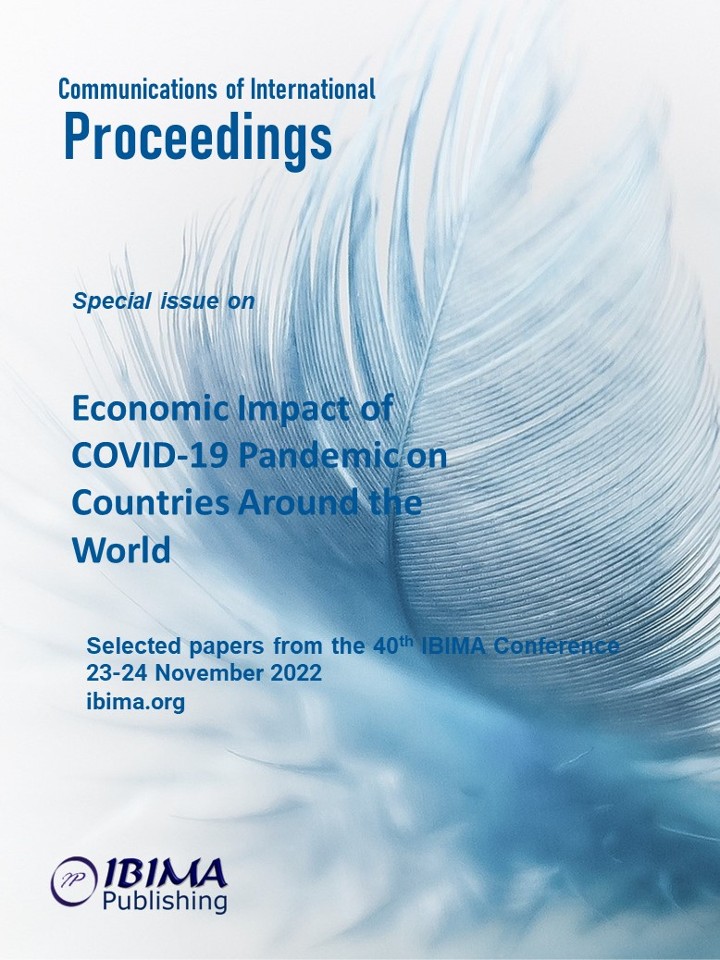
Dana STARÁ
Faculty of Economics and Management, Czech University of Life Sciences in Prague, Prague, Czech Republic

One of the macroeconomic phenomena that affects virtually all economic entities, including households, is a change in the price level. Housing expenditures comprise a large portion of household expenditures in the Czech Republic, both in the form of rent / property management and energy costs. The recent market changes, as well as variations induced by the COVID-19 pandemic, have brought about changes in prices and, proportionately, in household expenditures. In addition, there was also a reduction in household income that occurred at around the same time as many households were limited in carrying out their wage-earning activities or experienced a decline in demand for their services. During this period, the shift in the movement of people was accompanied by changes in the consumption behavior of individual households, in relation to housing, as their members spent much of their time at home, which in turn had an impact on household energy consumption. The rate of inflation in a country is targeted by the central bank, which responds to economic performance variations, as was the case after the emergence of the current pandemic. The Czech Republic was one of the first countries to counteract the occurrence of COVID-19 on its territory by the introduction of lockdown measures. This article aims to assess the impacts the accompanying changes in the price level, with respect to housing-related goods, had on households during the “COVID” period of 2020 and 2021 and the ability of households to meet primarily this type of expenditure.